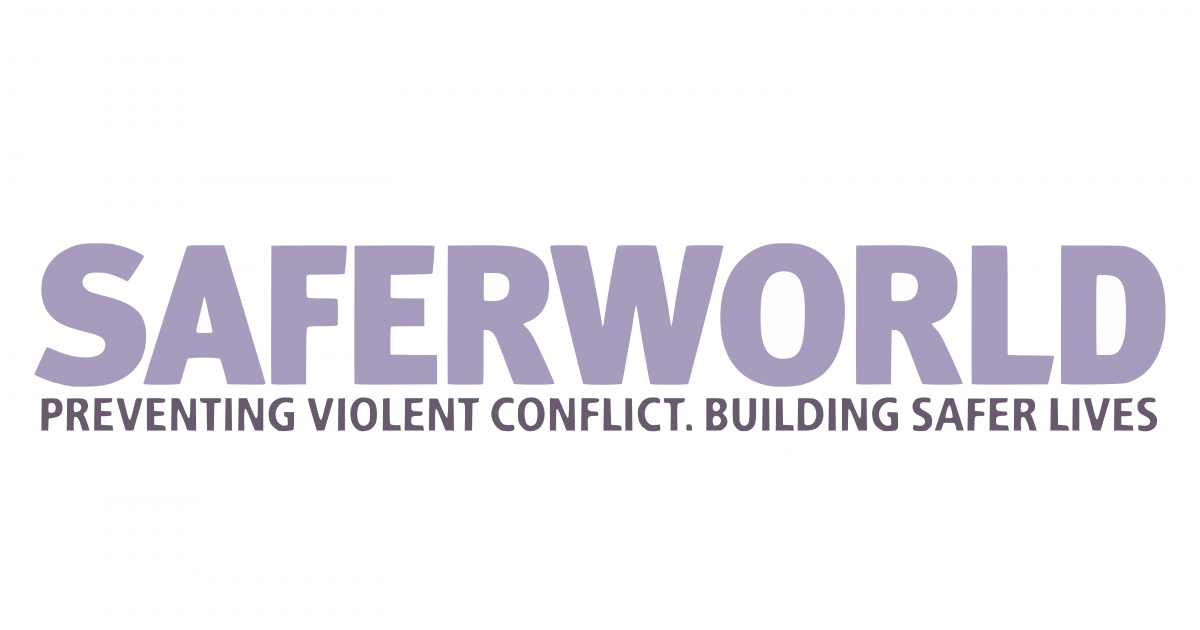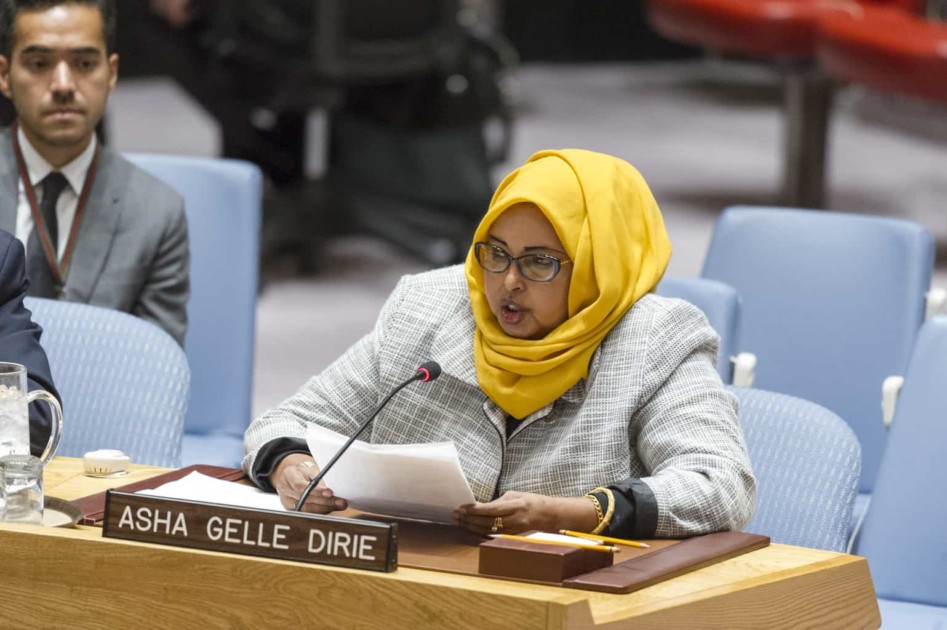Somalia
Somalia’s long-running armed conflict has been characterized by extremism, sectarian political violence, complex humanitarian crises, and piracy, and women have been disproportionately at risk of death and as targets of sexual and gender-based violence and displacement.
Based on the work of NGOWG members and their partners, the NGOWG advocates for women’s political participation, women’s meaningful and active participation in design and implementation of humanitarian responses, and strengthened mechanisms to prevent and respond to sexual and gender based violence.
Somalia
Somalia’s long-running armed conflict has been characterized by extremism, sectarian political violence, complex humanitarian crises, and piracy. Women have been disproportionately at risk of death, and as targets of sexual and gender-based violence and displacement.
Based on the work of NGOWG members and their partners, the NGOWG advocates for women’s political participation, women’s meaningful and active participation in design and implementation of humanitarian responses, and strengthened mechanisms to prevent and respond to sexual and gender based violence.
Current and Past Recommendations to the UN Security Council (Monthly Action Points)
When renewing the mandate of the AU Mission in Somalia (AMISOM), the Security Council should strongly urge the government to ensure that its security forces and affiliated militias, and all actors engaged in military operations, respect international humanitarian law and human rights law, and prioritize the rights of civilians, including women and children. As the UN system continues to review its role and presence in Somalia, human rights considerations, including women’s rights, should be at the forefront of the exercise and included as a key component in any reconfigured UN presence.
Relevant Resources










